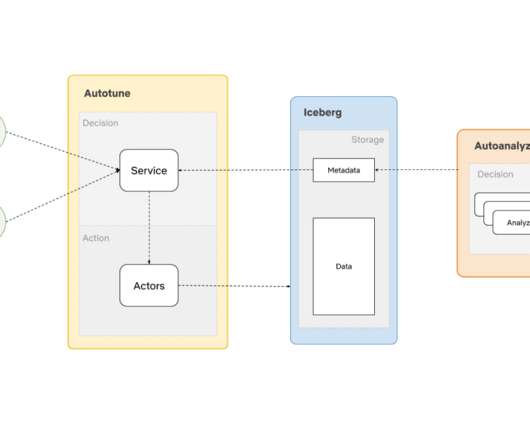Data Engineers of Netflix?—?Interview with Pallavi Phadnis
The Netflix TechBlog
OCTOBER 28, 2021
Data Engineers of Netflix?—?Interview Interview with Pallavi Phadnis This post is part of our “ Data Engineers of Netflix ” series, where our very own data engineers talk about their journeys to Data Engineering @ Netflix. Pallavi Phadnis is a Senior Software Engineer at Netflix.












Let's personalize your content